Thomas Oertner | University Medical Center Hamburg-Eppendorf | Hamburg, Germany
“Imaging neurotransmitter release with genetically encoded sensors”
Scientific Talks, Session V | Tuesday, September 13 | 11:40 – 12:10

Information processing in the brain is controlled by quantal release of neurotransmitter, a tightly regulated process that is difficult to investigate in intact brain tissue. A variety of genetically encoded sensors have been developed to detect the presence and concentration
of specific transmitters such as glutamate, GABA, dopamine and serotonin. In the first part of my talk, I will explain the technical challenges of capturing synaptic glutamate transients that last less than a millisecond with two-photon microscopy and report our insights why some synapses are able to release a lot of glutamate while others are not. In a second part, I will explain the surprisingly strong sensitivity of a specific class of sensors to the polarization of light and discuss optical strategies to alleviate this problem.